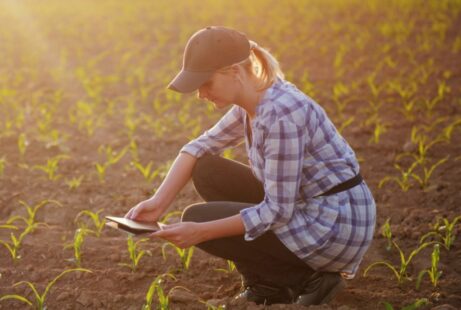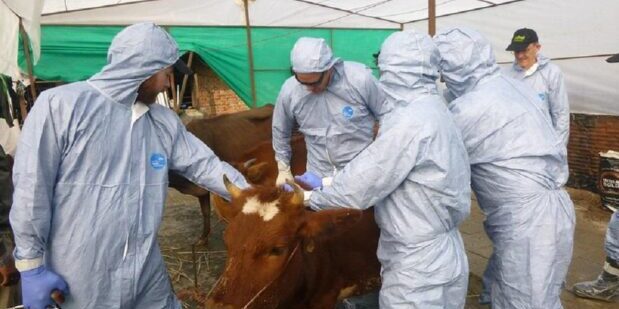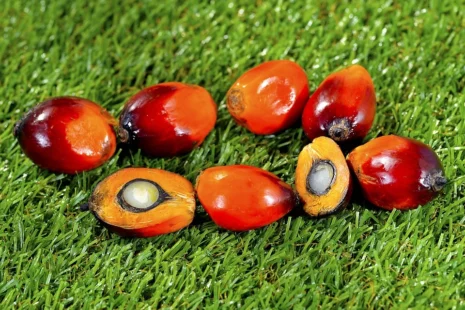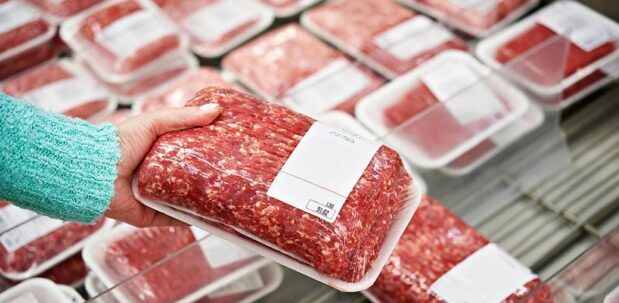
The owner of the world’s largest privately held Wagyu herd is planning more investments in the Japanese cattle variant, including a $100 million purchase of two new Northern Territory stations. After his first tasting of Wagyu steak, Peter Hughes felt introducing Wagyu genetics into his livestock was the way to go. “I thought to myself, ‘How can this collapse?’” he asked after tasting some of the beef. “Even if we can just handle half as many [cattle], we’ll be a handful of rungs up the ladder.” Mr Hughes and his family are one of Australia’s largest private landowners, with a purebred Wagyu herd estimated to number between 60,000 and 80,000 head.
Mr Hughes stated that the Hughes family was dedicated to breeding. Mr Hughes revealed in April that he had purchased two stations, Riveren and Inverway, from Hancock Agriculture in the Victoria River district of the Northern Territory, 595 kilometres south-west of Darwin. “We’re still in the planning stages,” he said, “but I’m confident in the cattle performing well in the land we purchased.” Last year, the Hughes family made the largest single property sale in Australian history when they bought Miranda Downs in Queensland’s gulf country. Mr Hughes said the new acreage will be supplied with poll Wagyu cattle and the offspring would be returned to Queensland.
Mr Hughes was introduced to the breed in the early 1990s by a fellow Central Queensland breeder and Hall of Fame inductee, according to Mr Hughes, who was recently inducted into the Australian Wagyu Association’s Hall of Fame. “My dear friend Wally Rea took them extremely seriously, and he was the one who initially introduced me to them,” he said. When a Wagyu cow sold for $400,000.00 in Victoria this week, it set a new record for the highest-priced Australian beef animal. Mr Hughes stated that his family’s goal was to develop polled Wagyu cattle, which were bred with DNA that would result in a hornless beast. Dehorning cattle is standard practice in the Australian beef industry and has become a contentious issue, with proponents of animal welfare arguing the procedure should be subject to tighter regulations.

In Adelaide, pieces of the foot and mouth disease were found in unregistered beef, marking Australia’s second finding of the disease. The Adelaide Advertiser reported the discovery at the airport on Thursday, one day after Agriculture Minister Murray Watt announced disease pieces had been found in Melbourne-produced pork. They are the disease’s initial reports in […]
Read More →
China has made it clear that they are serious about building a fake food business rapidly. The world’s largest importer of animal-based protein is quickly implementing President Xi JinPing’s direction to accelerate the development of alternative proteins. Last month, President Xi directed his agriculture authorities to seek protein sources other than traditional animal businesses in […]
Read More →
With the high price of beef, the urge to fabricate species and cuts is greater than ever, and the methods for doing so are growing more advanced. While meat fraud is uncommon in Australia, cattle farmers have a vested interest in preventing it – or even inadvertent substitution – in other countries, given that three-quarters […]
Read More →